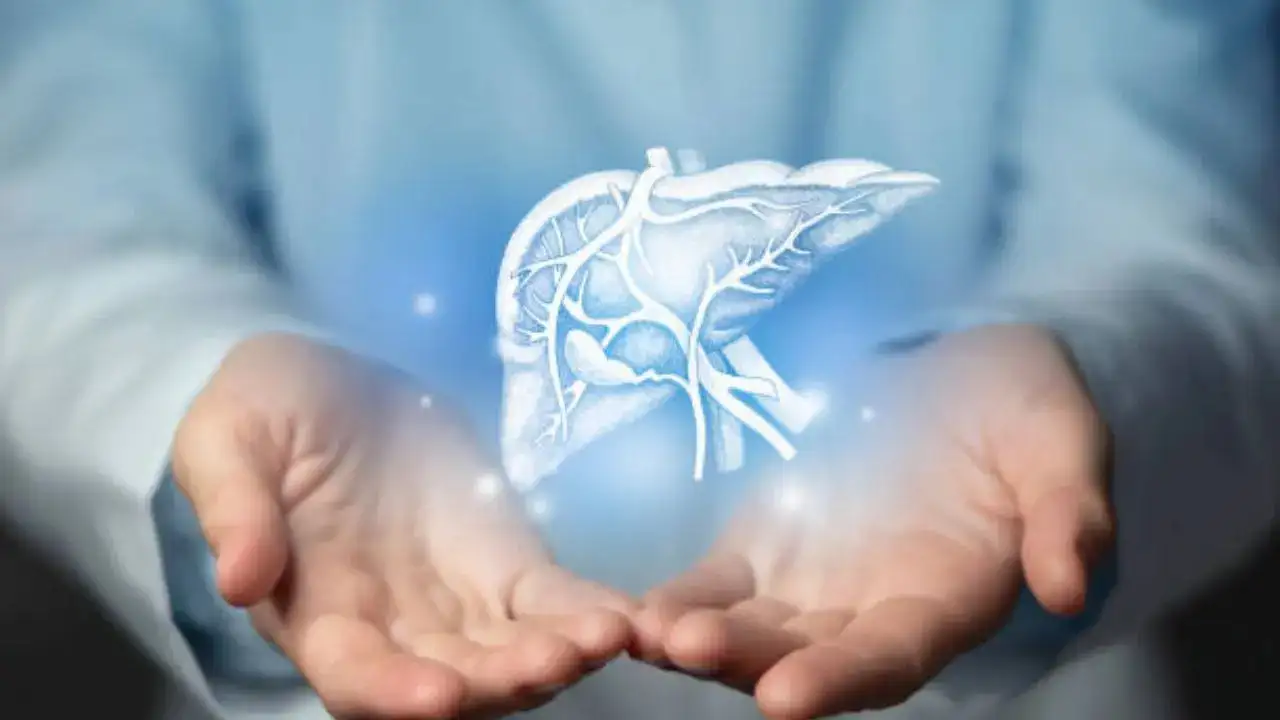
The Silent Epidemic: How Lifestyle Is Fueling a Surge in Liver Disease in India
How did your country report this? Share your view in the comments.
Diverging Reports Breakdown
The Silent Epidemic: How Lifestyle Is Fueling a Surge in Liver Disease in India
India records 268,580 liver disease deaths annually, accounting for over 18 per cent of all liver-related deaths worldwide. Doctors say one of the reasons behind a significant surge in liver disease is driven by eating patterns. Urbanisation, long working hours, sedentary routines, and a shift from traditional diets to processed, calorie-dense food have created a perfect storm for liver damage, say doctors. Early detection can make all the difference, says Dr Aditya Verma, consultant gastroenterologist, Ruby Hall Clinic, New Delhi. It is important to stay alert to early warning signs like fatigue, unexplained weight loss, abdominal swelling, yellowing of the skin or eyes, or jaundice. High stress levels and irregular sleep cycles, which disrupt metabolic function and lead to poor dietary habits, are also common culprits.
Doctors say one of the reasons behind a significant surge in liver disease is driven by eating patterns
Liver disease has been spreading silently, like an epidemic, across India, claiming lives and putting a severe strain on the healthcare system. According to experts, liver disease, which was once mostly associated with excessive alcohol consumption, is now even affecting a growing number of young adults and non-drinkers alike, signalling a disturbing shift in the risk factors.
India records a staggering 268,580 liver disease deaths annually, accounting for over 18 per cent of all liver-related deaths worldwide, making it the highest contributor globally. “While alcohol-induced cirrhosis still plays a role, the real game-changer is the rise of Non-Alcoholic Fatty Liver Disease (NAFLD). Recently reclassified as Metabolic Dysfunction-Associated Steatotic Liver Disease (MASLD), this condition reflects a deeper connection to metabolic disorders, particularly those rooted in our modern lifestyle,” Dr Manoj Shrivastav, Programme Director and Consultant, liver transplant and hepatobiliary surgeon, Ruby Hall Clinic, told Times Now.
A lifestyle under scrutiny
So, what has changed? Dr Aditya Verma, a consultant gastroenterologist, says one of the reasons behind a significant surge in liver disease is driven by eating patterns. “Everyday food choices can either fuel liver damage or support healing,” he said, adding, “Urbanisation, long working hours, sedentary routines, and a shift from traditional diets to processed, calorie-dense food have created a perfect storm for liver damage.”
According to Dr Verma, common culprits behind this rise include:
Processed and sugary foods
Frequent consumption of fried snacks, soft drinks, and packaged meals floods the liver with sugar and unhealthy fats, storing them as fat in the liver.
Lack of exercise
Spending long hours sitting at desks or in front of screens, combined with minimal exercise, reduces your body’s ability to burn fat.
Chronic stress
An often overlooked part is high stress levels and irregular sleep cycles, which disrupt metabolic function and lead to poor dietary habits.
Neglected metabolic conditions
Uncontrolled diabetes, hypertension, and high cholesterol are not just cardiovascular risks, as they are deeply intertwined with liver damage.
Overuse of medication
The liver is responsible for processing medications and supplements. Excessive or unsupervised use – especially of over-the-counter painkillers or herbal remedies – overburdens and harms the liver.
Worrying, silent progression of the disease
Doctors say one of the most dangerous aspects of liver disease is its asymptomatic early stage, as mostly, fatty liver disease develops quietly, with no noticeable signs until significant damage has been done, ranging from inflammation and fibrosis to cirrhosis and liver cancer.
So, it is important to stay alert to early warning signs like fatigue, unexplained weight loss, abdominal swelling, yellowing of the skin or eyes, or jaundice. “Early detection can make all the difference,” said Dr Verma.
Prevention is the key
Doctors say liver damage, especially when caused by lifestyle factors, is often reversible in its early stages. A few consistent changes that go a long way include:
